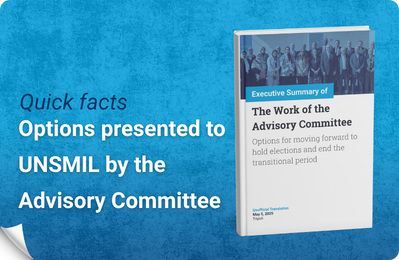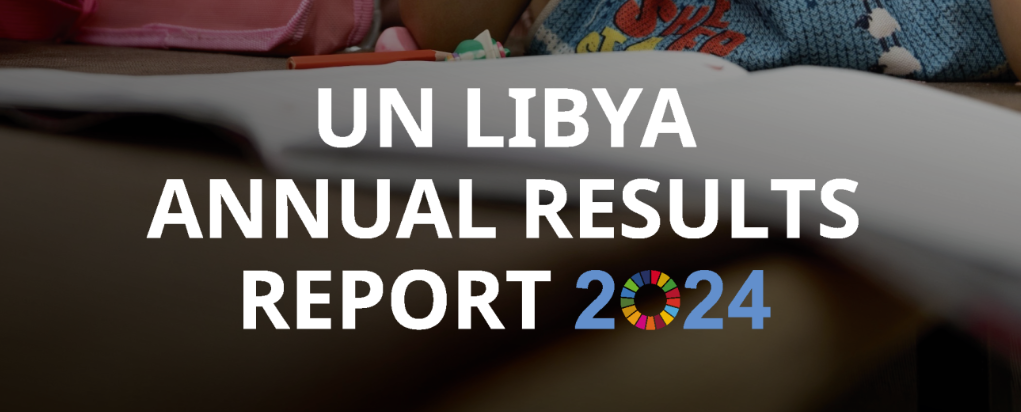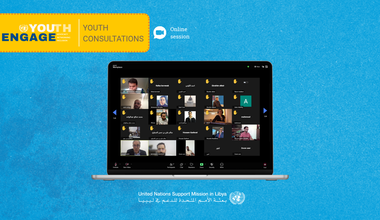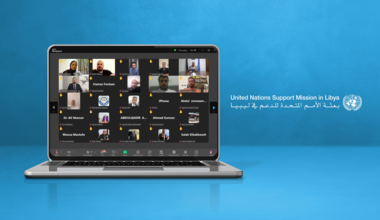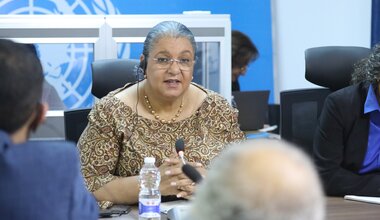UNESCO supports the trainings of Libyan journalists on conflict-sensitive reporting
Towards a Professional Media in Libya
Amman, Jordan, 19 April 2016 - Within the framework of UNESCO’s regional programme supporting freedom of expression, two consecutive training workshops for Libyan journalists on conflict-sensitive reporting were launched today in Jordan. The twenty-five participants came from many different parts of Libya, as well as Tunis, Cairo and Amman, representing a wide variety of media outlets.
The trainings encompass discussion around definitions of conflict-sensitive reporting and media coverage in times of crisis, international standards for journalistic ethics as well as hate speech. There will also be a portion dedicated to obtaining recommendations towards a draft journalistic code of ethics to be elaborated by Libyan journalists at a subsequent workshop end April.
Amal Al-Sharrad Alwerfalli, a journalist from Tripoli, emphasized the importance of running this workshop at a time when “the Libyan journalist has arrived at a crossroads”, facing the challenge of being professional and neutral in times of crisis. She stated that in her view, “These trainings will place us on the right path, under the guidance of two trainers who had previously worked in circumstances similar to the ones we live in our country at the moment. Through their experiences, the path we must take is clearer for us, in order to avoid leading the country into catastrophe.”
Saad Bashasha, a radio broadcaster in Oujela, agreed, saying these types of activities provide journalists with “the opportunity to meet with their counterparts, journalists who work in different media outlets, to exchange information and design a harmonized, complementary work plan that moves away from hate speech.”
Ramadhan Karnafouda, a journalist from Sabha, said that it is important to make use of these training by “communicating what we learned to the other local journalists, so that they may also benefit from these materials that will help them anchor the profession and create a media dialogue between citizens and policy-makers.”
This activity is implemented by UNESCO with the generous support of Finland’s Ministry of Foreign Affairs and the United States Embassy in Libya. It forms a part of UNESCO’s efforts in the media sector to reinforce the capacity of Libyan media outlets to contribute positively to reconciliation in the country and promote journalism that is conflict-sensitive.
For more information, please contact: Raja’a El Abasi, Programme Officer, UNESCO
r.el-abasi@unesco.org
+216 71 655 000
 United Nations Peacekeeping
United Nations Peacekeeping UN
UN



